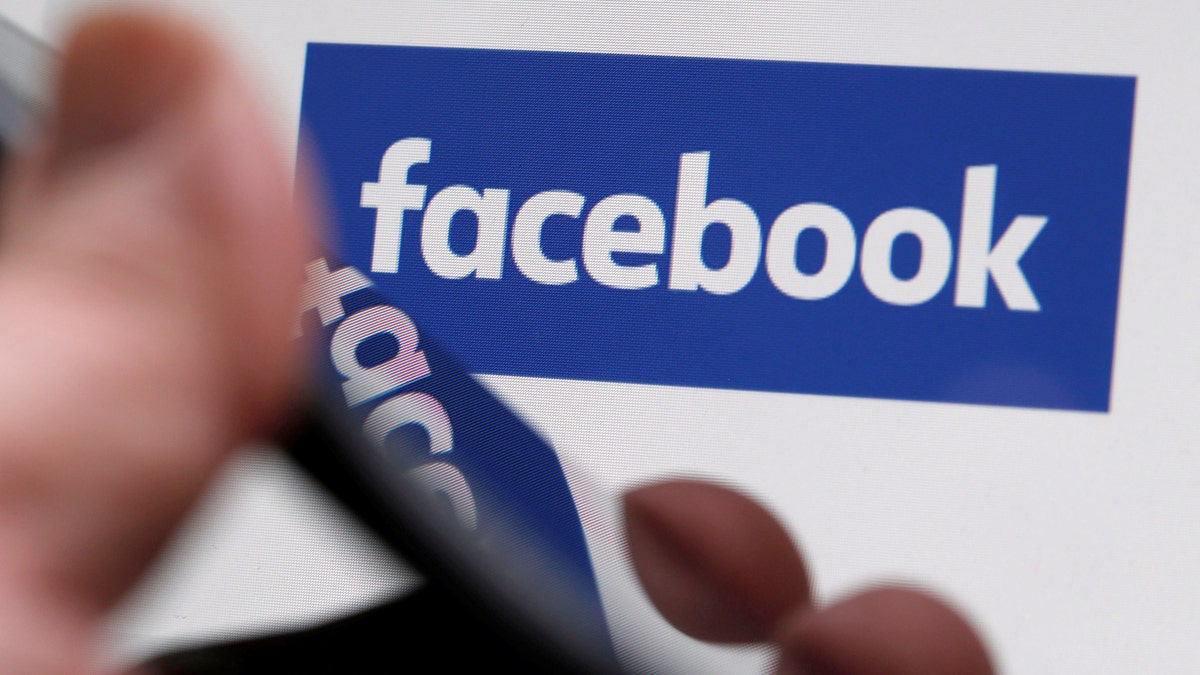
File photo: The Facebook logo is displayed on their website in an illustration photo taken in Bordeaux, France, February 1, 2017. (REUTERS/Regis Duvignau)
You may be more connected to the world than ever, but when it comes to feeling closer, it's a different story. As per a new study from the University of California, San Diego, and Yale University, Facebook use could be related to our health and happiness, and not in a positive way. And given that the social network boasts a user base of around 2 billion people, that's a rather alarming finding.
The study, which was recently published in the American Journal of Epidemiology, suggests that those who use Facebook more often are less satisfied with their lives and are less healthy than those who are more judicious in the number of times they log on. As the Wall Street Journal noted, "To put it baldly: The more times you click like, the worse you feel."
UCSD's Holly Shakya, an assistant professor of public health, and Nicholas Christakis, the director of the Human Nature Lab at Yale University, tracked the mental health and social interactions of 5,208 study participants over the course of two years. The study's subjects agreed to respond to national surveys put forth by Gallup between 2013 and 2015 (which helped researchers monitor their health, emotions, and social lives), and further, to talk with researchers about their health, social lives, and Facebook use.
Ultimately, the team found that Facebook usage was "tightly linked to compromised social, physical, and psychological health." In fact, for every statistical leap above the average in "liking" a post, clicking a link, or updating one's own status, the study found a 5 to 8 percent increase in the chance that the user would report mental health issues.
More From Digital Trends
This is by no means the first or only study to suggest such a correlation. Other research has found that increased use of social media is often accompanied by increased feelings of isolation, as well as anxiety and FOMO (fear of missing out).
Of course, there could be plenty of confounding variables affecting these studies' findings, and we may not be able to ever unilaterally prove that Facebook is "good" or "bad" for the psyche. But regardless, Christakis noted, What people really need is real friendships and real interactions.




















